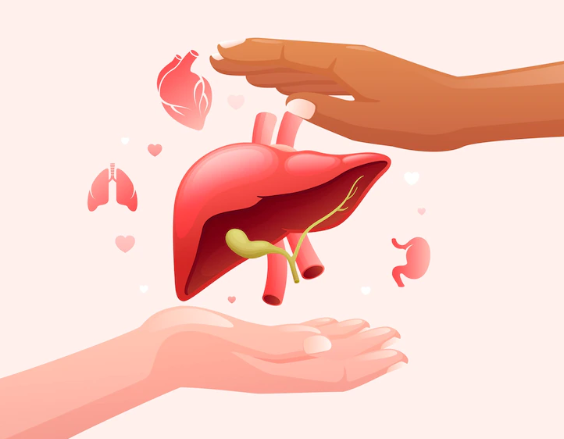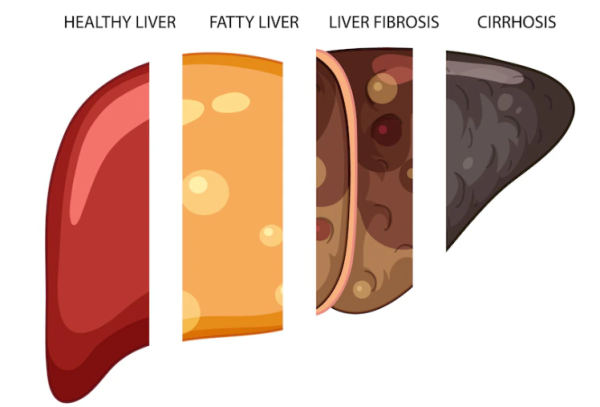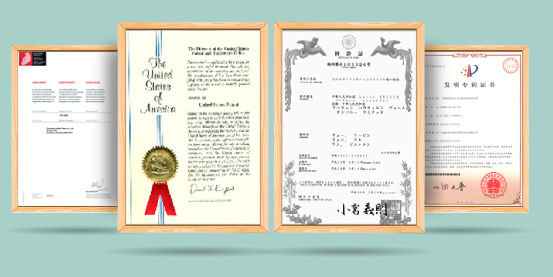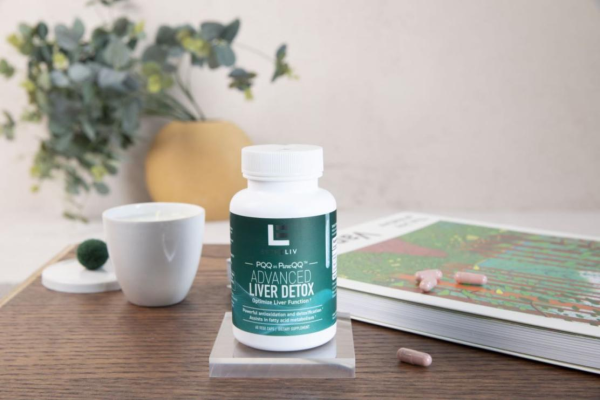Before delving into the ways to care for the liver, it’s crucial to grasp why nurturing and safeguarding the liver is necessary.

Dr. Shihede, the representative of the World Health Organization in China, once said, “About 100 million people in China have liver problems, and most people are unaware of it.”
The rates of prevalence of NAFLD were 19.0%, respectively, corresponding to estimates of 28.8 (95% confidence interval: 26.6, 31.2) million adults with NAFLD nationwide.
As the largest digestive gland in the human body, the liver is the most metabolically active organ. Liver cells undergo more than 1500 metabolic reactions every day, including the breakdown of sugar, storage of glycogen, involvement in the metabolism of proteins, fats, vitamins, hormones, detoxification, and more. Due to the complex and extensive metabolic tasks it performs, the liver is under significant stress. Habits such as excessive alcohol consumption, excessive intake of sugar and fat, and frequent late-night habits can promote oxidative stress reactions in the liver. These oxidative stress stimuli can lead to damage and lipid peroxidation of liver cells, increasing the burden on the liver and causing damage. Therefore, for people with poor liver function, it is better to start nurturing and protecting the liver as early as possible.

So, how exactly should one nurture and protect the liver?
Nutritional therapy is currently a popular method globally, especially in Europe and America. For liver cells, nutritional components have a good effect on enhancing cell activity. The latest research on nutritional therapy indicates that nutrients such as vitamins, minerals, dietary fiber, and proteins can promote normal metabolism, prevent nutrient deficiencies, and promote the repair and regeneration of liver cells. Here are a few examples:
Vitamin E: Has antioxidant activity, reducing the rate of liver decompensation.
Vitamin D: Exhibits significant metabolic activity against free fatty acids flowing to the liver, inhibits fat deposition in liver cells, significantly alleviates insulin resistance, and plays a role in treating fatty liver.
Inositol: Can lower and inhibit the elevation of blood lipid levels caused by alcohol, inhibit serum AST activity, lower liver lipid content, lower MDA content, effectively reduce liver oxidative damage, eliminate free radicals within liver, and protect liver cells.
There is also a recent scientific focus – PQQ.
PQQ, or Pyrroloquinoline Quinone, is an essential nutrient for the human body and a recognized “mitochondrial enhancer.” Mitochondria are highly sensitive organelles within cells that not only provide energy for cellular metabolism but also widely participate in cellular energy metabolism processes.
PQQ can target mitochondria, activate cell energy while increasing the number of mitochondria, especially in organs with high mitochondrial density, the effect will be more pronounced. Moreover, PQQ has powerful antioxidant capabilities, can combat intra-cellular free radicals, reduce oxidative stress reactions.
For the liver, each normal liver cell has 1000-2000 mitochondria, just the organ with dense mitochondria. So that PQQ could play a much significant role in protecting liver health, such as clearing peroxides, promoting detoxification metabolism function, and protecting liver cells from damage, preventing the occurrence of fatty liver and hepatitis. In 2007, a patent study indicated that PQQ can prevent and improve alcoholic fatty liver
(Patent No.: US 8088422 B2).

When choosing liver-protecting nutritional supplements, many people often choose oral supplements containing milk thistle. Most liver-protecting products on the market use milk thistle ingredients, which have a certain effect on liver protection. However, this ingredient has weak estrogen-like effects and long-term use may cause certain stimulation to the uterus and mammary glands in females. With the development of technology, besides milk thistle liver-protecting tablets, there are actually other more advanced and safe liver-protecting products to choose. Some innovative cellular-level ingredients perform exceptionally well. For example, PQQ and inositol mentioned above can act on liver cells, enhance the liver’s own metabolic capacity to nurture and protect the liver, and are safer with a clear mechanism.
Experiments have shown that compared to milk thistle, PQQ has a more outstanding protective effect on the liver. PQQ and inositol also have a significant effect on reducing triglycerides and total cholesterol.


What ESTHELIV Liver Detox Capsules contain are just PQQ and inositol, two new cellular-level liver-protecting ingredients. By targeting liver cells, they start repairing liver damage from the cellular level.

These two ingredients, one is the natural substance and the other is necessary coenzyme of human body. They combine perfectly not only to repair the energy engine of mitochondria but also to emulsify liver fat, accelerate fat excretion; thus achieve a better liver-nurturing effect.
Media Contact
Company Name: ESTHELIV,INC
Contact Person: Becko
Email: Send Email
Country: China
Website: www.estheliv.com
